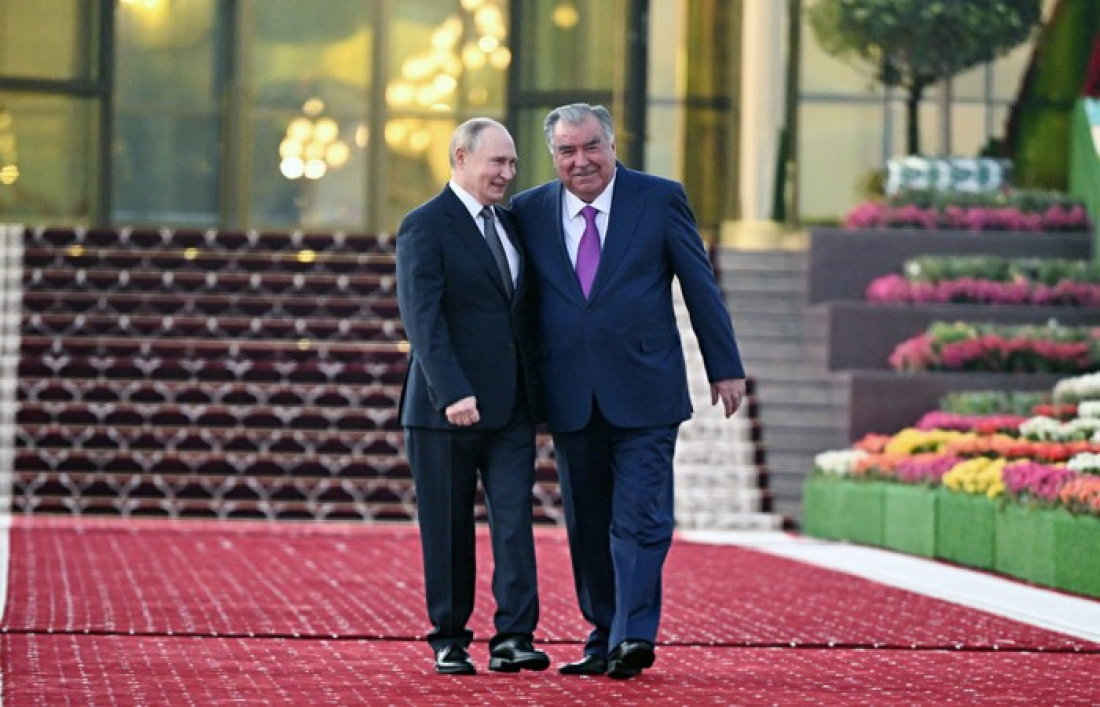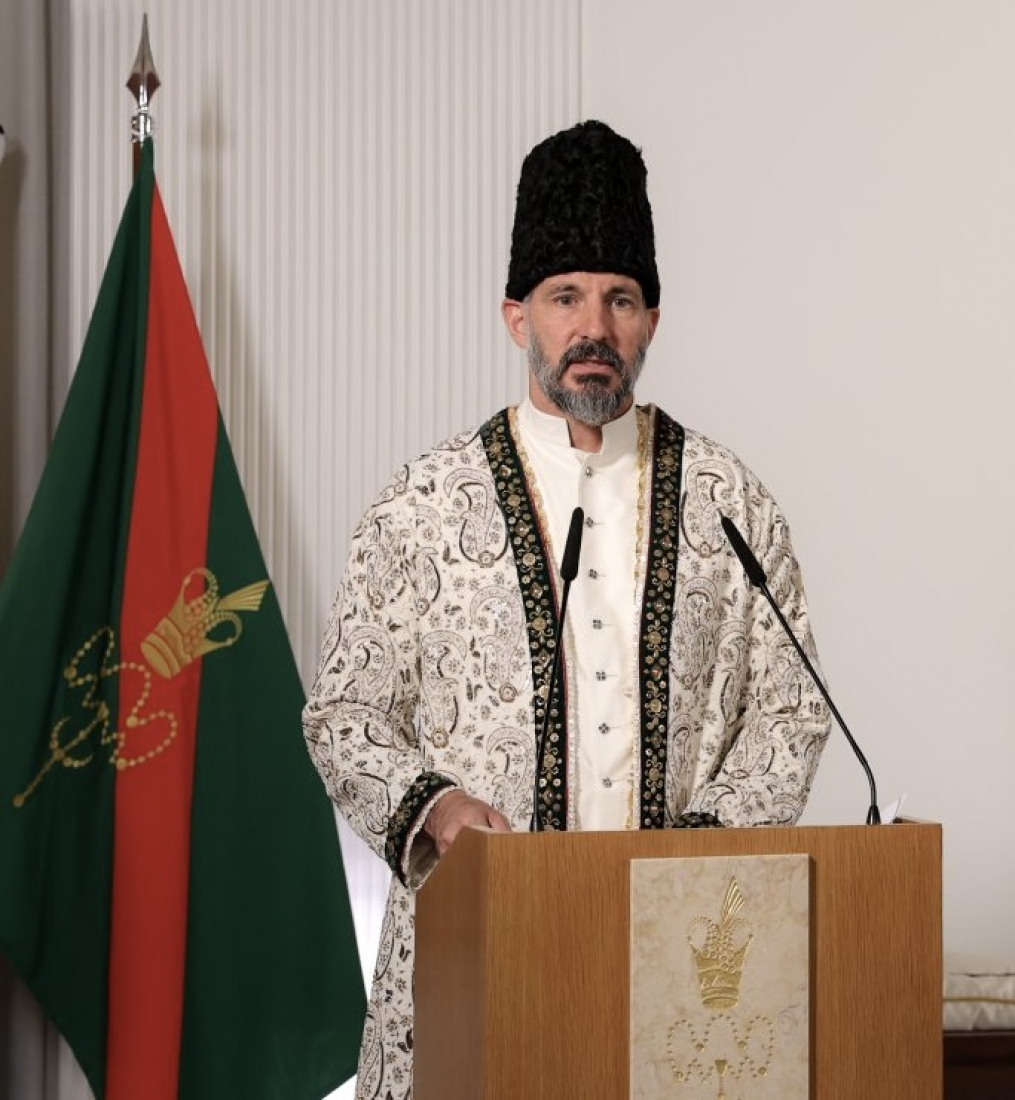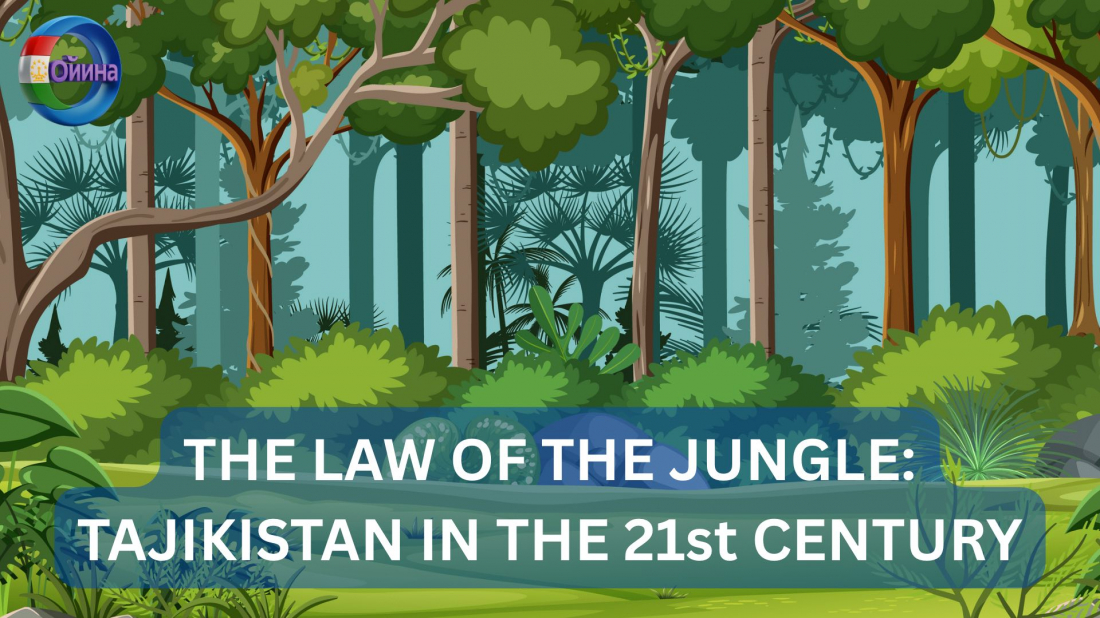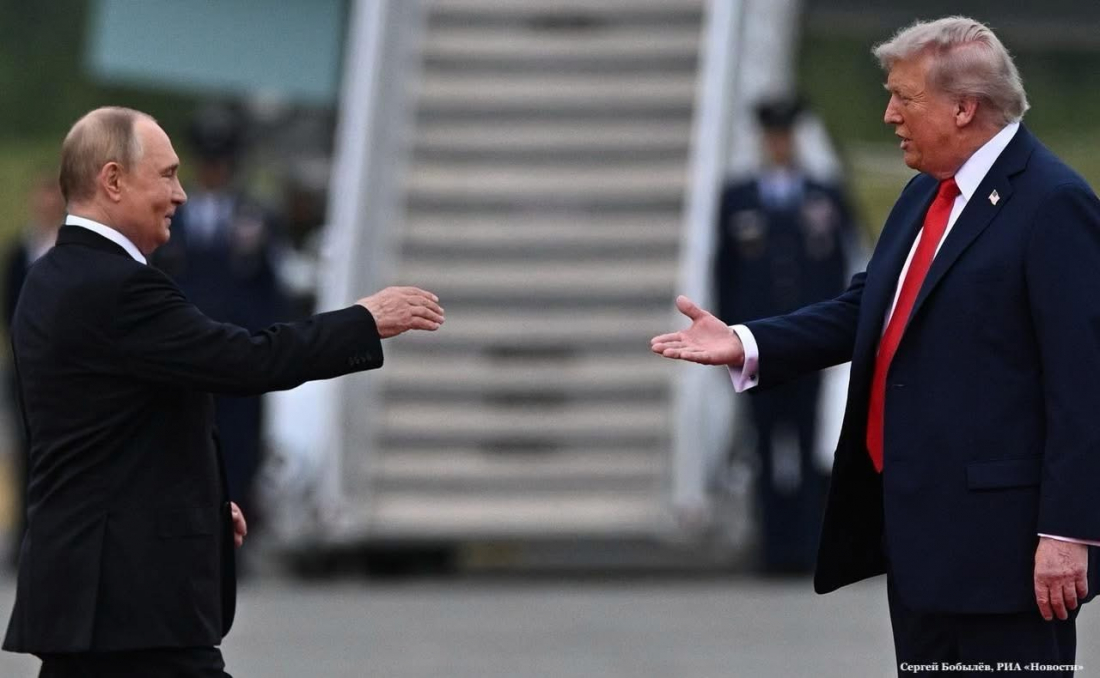
SOLDIERS WITHOUT DESTINY: THE TRAGEDY OF TAJIK MIGRANTS IN A FOREIGN WAR
A Reflection on Responsibility, Coercion, and Government Silence.
When bullets fly, those who have no right to speak are the first to die. This statement painfully reflects the reality faced by hundreds of Tajik migrants who have found themselves on the front lines of Russia’s war against Ukraine. A foreign war — one with no political, strategic, or ideological meaning for the Tajik nation — is today claiming the lives of its sons.
As of April 2025, according to data from the Ukrainian project “I Want to Live,” 931 citizens of Tajikistan have been recorded participating in military operations on the side of Russia. Of these, the deaths of 196 individuals have been confirmed. Among the dead are 18-year-old youths just stepping into life, as well as 70-year-old men still engaged in combat.
Recruitment of migrants into the war is not always voluntary. Many are lured under false promises — citizenship, debt forgiveness — or forcibly coerced in prisons, construction sites, and migrant detention centers. In harsher cases, individuals are subjected to violence, blackmail, and forced conscription.
These actions directly contradict the legal standards of Tajikistan. Article 401 of the Criminal Code of the Republic of Tajikistan (“Mercenarism”) prohibits citizens from participating in foreign armed conflicts and prescribes imprisonment as punishment. Despite this, the official response from Tajik authorities remains insufficient.
The government’s silence on this issue is not neutrality; it is complicity. Parliament remains silent. The Ministry of Foreign Affairs remains silent. The nation’s leadership chooses to ignore this tragedy. Such inaction is unacceptable when citizens become tools of a foreign military strategy.
Meanwhile, within Russia itself, Central Asian migrants, especially Tajiks, face mounting pressure and systemic discrimination. Recent legislation has legalized xenophobia, severely restricting migrant rights and forcing them into exploitative labor under degrading conditions. Police raids, arbitrary deportations, and widespread harassment based on ethnic origin have become routine.
Today, the Tajik migrant in Russia is not treated as a citizen with rights but as an object of fear and political manipulation. His documents become instruments of blackmail, and his silence is a survival strategy in the face of continuous violence and threats. In this environment, participation in war becomes a logical extension of oppression: first, dignity is stripped away, then life itself.
In this context, the state, whose duty is to protect its citizens, assumes instead the role of a passive observer. The problem is not only that Tajik citizens are being drawn into a foreign war, but also that the state, through its silence and indifference, forfeits its own moral and legal legitimacy.
Russia’s war against Ukraine is a blatant violation of international law and the UN Charter. It is an imperialistic, expansionist war that contradicts the right of nations to self-determination. No Tajik citizen is obligated to participate in a conflict born of foreign geopolitical ambitions.
This is not Tajikistan’s war. It is not Tajik land, not a Tajik duty, not a Tajik history. Yet, it could become a stain on Tajikistan’s honor if left unaddressed, uncondemned, and unprevented.
Silence may be comfortable for the government, but it is a tragedy for the people.













